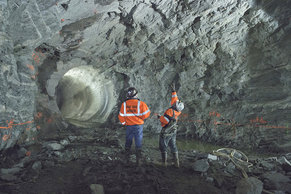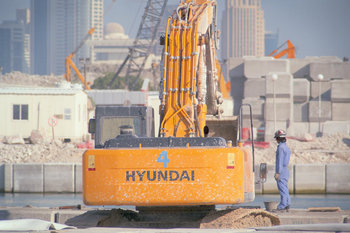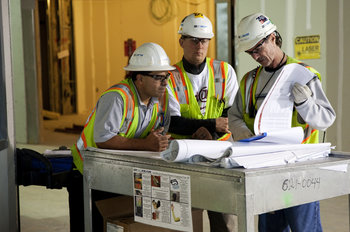
Estimate Quality
Estimates of task complexity that are inaccurate.
Unplanned Dependencies
Unidentified dependencies in your schedule.
Dependency Risk
The risk that an important dependency will not be met resulting in broad delays.
Budget Risk
Cost overruns and other budget issues.
Resource Risk
Risks related to employees such as absenteeism or employee turnover.
Technology Risk
The risk that technology with be disrupted, unavailable or unfit for purpose.
Infrastructure Risk
The risk of infrastructure outages such as a closed road.
Facility Risk
Risks related to a facility such as a shutdown that impacts access to an office.
Partner Risk
Failures or low performance of a partner.
Performance Risk
The risk of low team performance.
Quality Risk
The potential for low quality deliverables that require rework.
Architecture Risk
An invalid structural design.
Design Risk
Problems with designs and a need to restart things at the design level.
Scope Creep
A tendency for scope to increase due to factors such as undocumented assumptions.
Dispute Risk
The risk that disputes will delay a project.
Weather Risk
Unexpected poor or severe weather.
Disaster Risk
The risk of major adverse events beyond your control such as a fire.
Cybersecurity Risk
The potential for a cybersecurity incident to derail or delay a project.
Regulatory Risk
The risk of delayed regulatory approvals such as permits.
| Overview: Schedule Risk | ||
Type | ||
Definition | The potential for a strategy, project or task to take longer than scheduled. | |
Specific Examples | A developer estimates a task duration of 5 days but takes 15 days to deliver due to unanticipated technical hurdles. A schedule assumes that data center facility will be available for the testing phase of a project. However, a security incident delays access to the facility.A previously unidentified dependency prevents a task from beginning as scheduled until a long running task is completed. | |
Risk Treatments | ||
Related Concepts | ||































